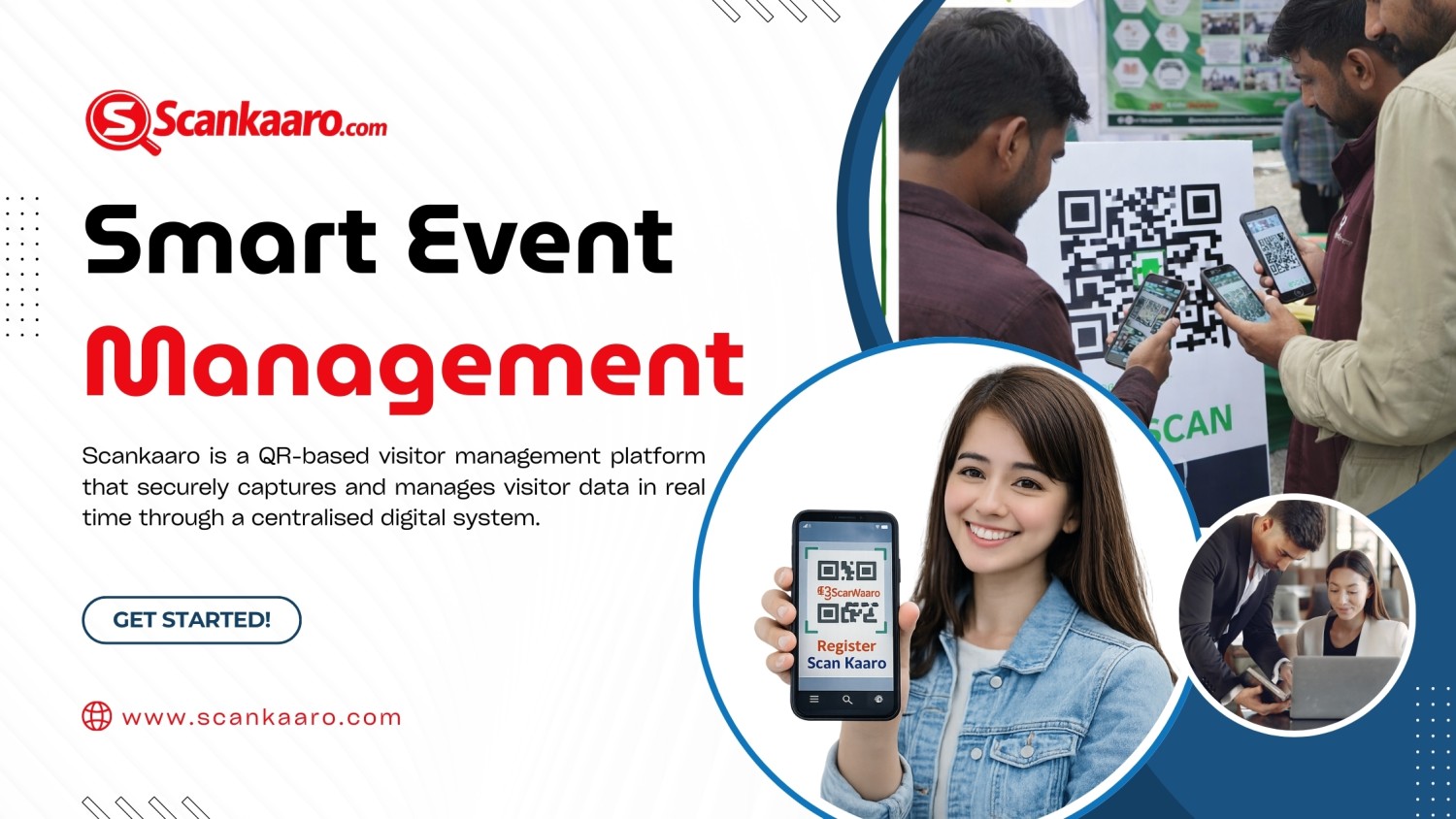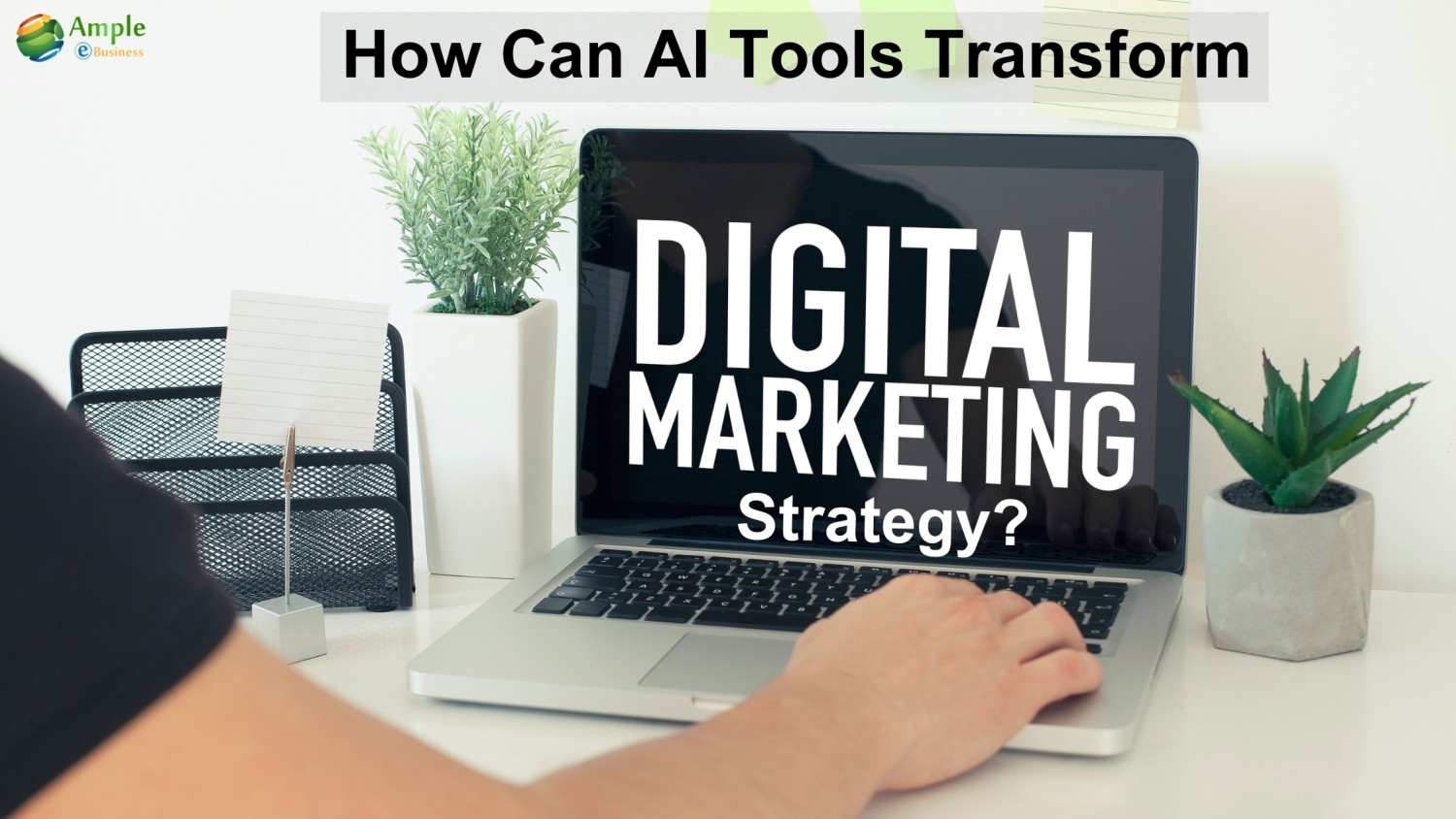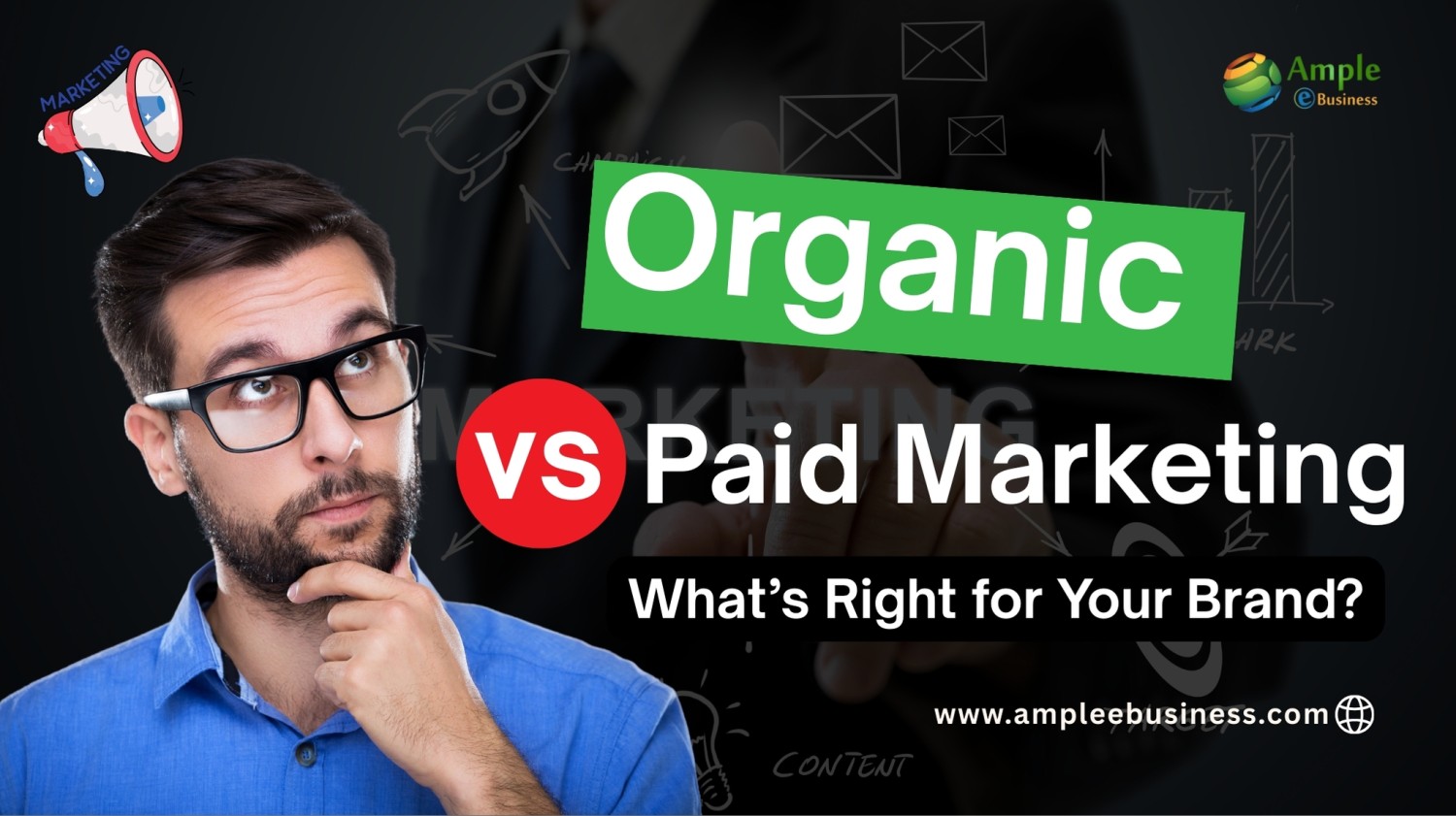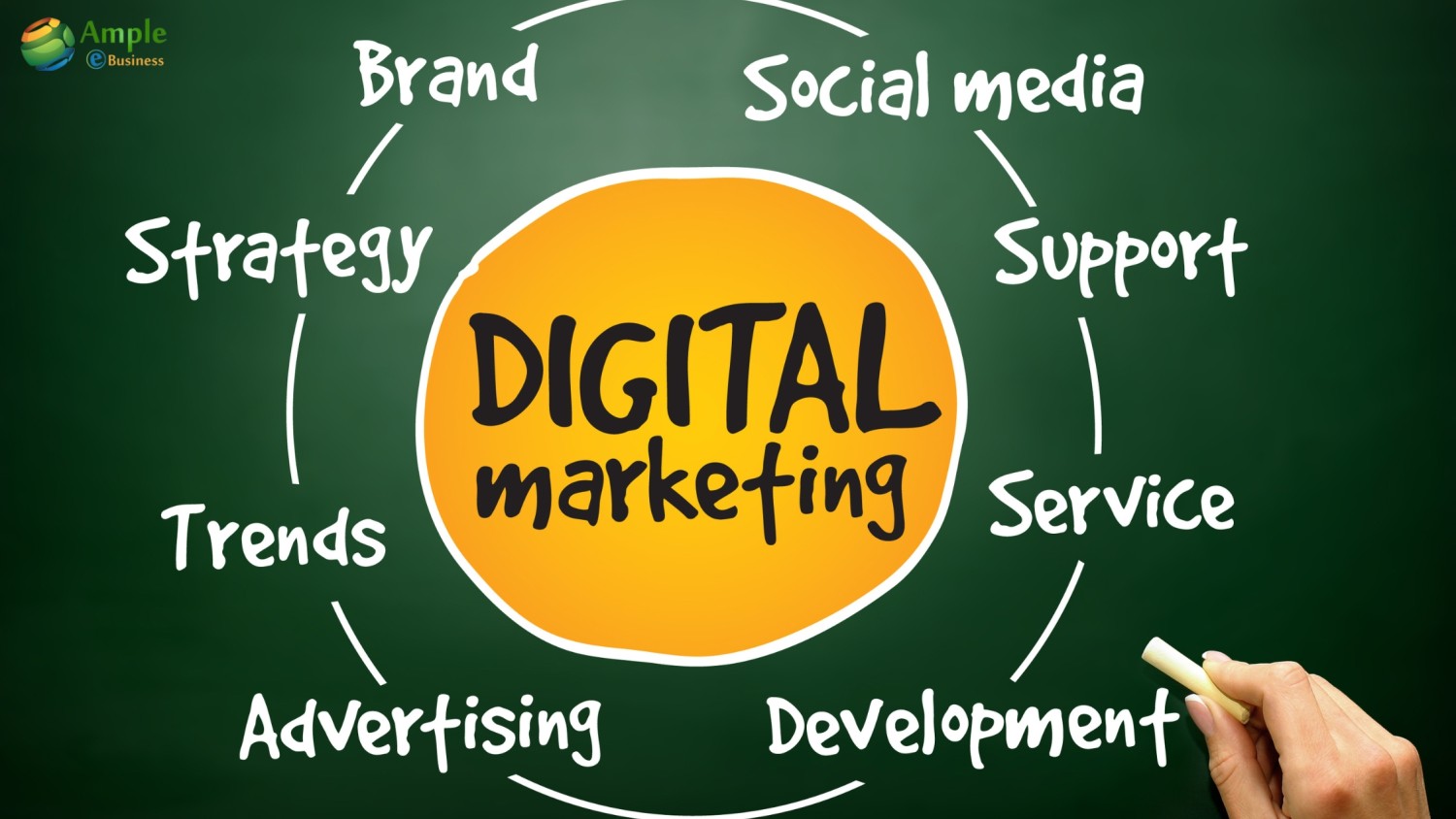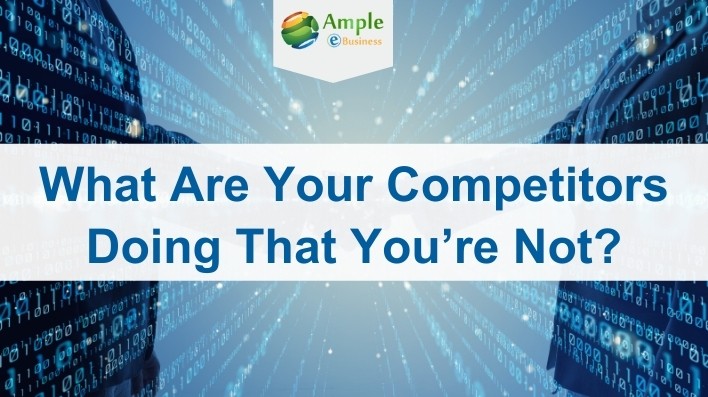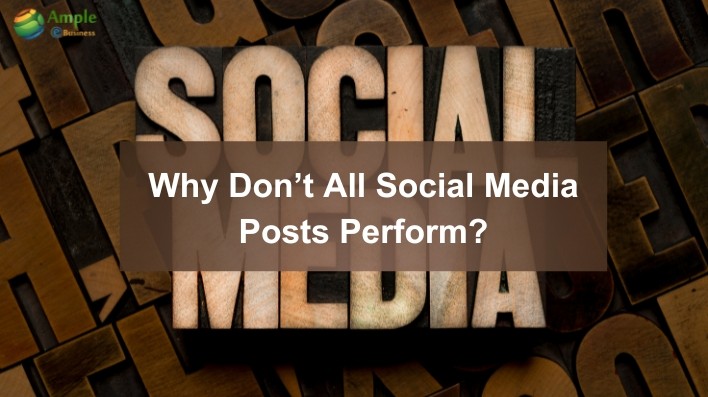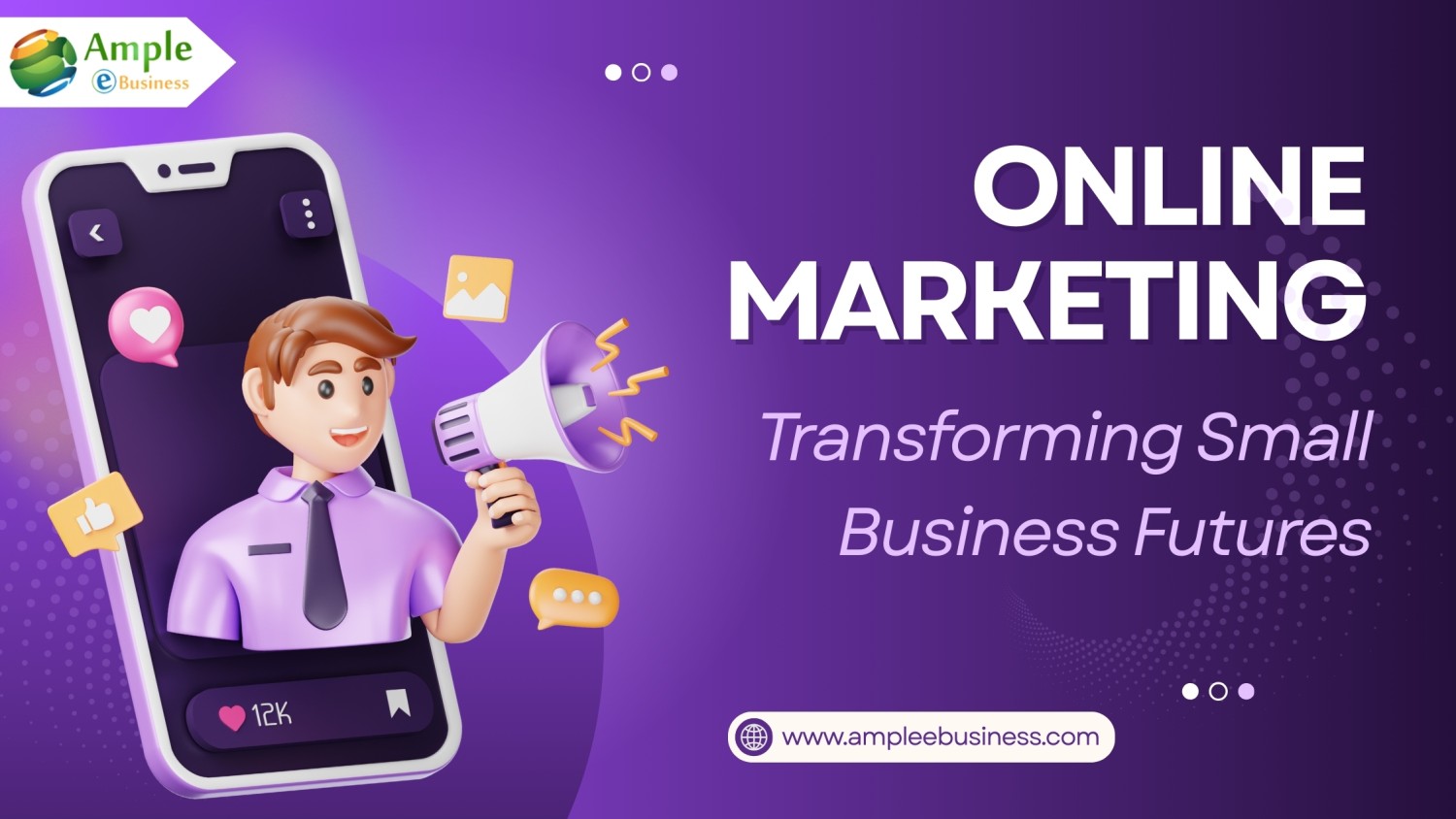
How Online Marketing Is Transforming Small Business Growth
In today’s digital world, small businesses are no longer limited to their local customers or traditional marketing methods. Thanks to online marketing, even a small shop, local startup, or home-based business can now reach audiences across cities, states, and even countries.
But how exactly is online marketing transforming small businesses? Let’s explore this exciting journey of digital growth, opportunities, and innovation.
1. The Shift from Traditional to Digital
A decade ago, small businesses relied mainly on word-of-mouth, local ads, pamphlets, and billboards. While these methods still work to some extent, they come with limitations—high cost, small reach, and difficulty in measuring results.
Now, the scene has changed. With digital marketing, businesses can promote their products or services online through social media, search engines, websites, and emails—all at a fraction of the cost of traditional marketing.
For example, a bakery in a small town can now advertise its cakes on Instagram, run local Google ads, and receive orders directly through WhatsApp or its website.
2. Wider Reach at Lower Cost
One of the biggest advantages of online marketing is its cost-effectiveness.
Running an ad in a newspaper or putting up a billboard can cost thousands, but posting on Facebook or running a small Google Ad campaign costs much less—and can reach thousands more people.
Platforms like Facebook, Instagram, and Google Ads allow small business owners to choose their target audience based on location, age, interests, and buying behavior. That means your product reaches the right people, not just more people.
3. Building Brand Awareness and Trust
In today’s world, people search online before they buy anything. Whether it’s a local salon, a cafe, or a clothing store—customers check reviews, ratings, and social media presence before deciding.
By being active online, small businesses can build credibility and trust.
A good-looking website gives a professional image.
Positive customer reviews create trust.
Regular posts on social media keep your audience connected and engaged.
Online marketing helps small businesses create a brand identity, something that sets them apart from competitors. Even a small store can become a recognizable name through consistent digital presence.
4. Personalized Marketing for Every Customer
Traditional marketing treats everyone the same way—but digital marketing doesn’t.
With tools like email marketing, retargeting ads, and analytics, businesses can understand what their customers like and show them what matters most.
For example:
If a customer bought a product, you can send them a thank-you email and suggest related items.
If someone visited your website but didn’t buy anything, you can show them special offers later to bring them back.
This personalized approach not only improves sales but also builds long-term relationships with customers.
5. Data-Driven Decisions
In the past, it was difficult to measure how well a marketing campaign worked. You might distribute flyers, but there was no way to know how many people actually saw them or made a purchase because of them.
Digital marketing changes that completely.
Now, small business owners can track every click, view, and conversion. Tools like Google Analytics, Facebook Insights, and SEO dashboards provide valuable data such as:
Where your visitors come from
Which pages they like the most
How much time they spend on your site
What leads them to make a purchase
This data helps businesses make smarter, more effective decisions.
6. Social Media – The New Marketplace
Social media is no longer just a place to share photos or connect with friends—it’s a powerful business platform.
Small businesses are now using Instagram, Facebook, YouTube, and WhatsApp to connect directly with customers. From live product demos to customer feedback, social media has made business communication more personal and real.
For example, a local handmade jewelry brand can showcase its designs through Instagram Reels, run paid promotions to reach local buyers, and even take direct orders through messages—all without needing a physical store!
That’s the power of social media marketing for small business growth.
7. SEO – Getting Found Online
Having a website is good, but what’s even better is when people can find your website easily. That’s where SEO (Search Engine Optimization) comes in.
SEO helps your website appear higher in Google search results when customers search for products or services like yours.
For example, if someone searches “best bakery near me,” your shop could appear at the top—if your site is properly optimized.
By using the right keywords, quality content, and backlinks, small businesses can get organic traffic (free visitors) and increase sales without spending huge amounts on ads.
8. Competing with Big Brands
You might think that small businesses can’t compete with big companies, but online marketing changes the game.
Digital tools give small brands the same platform as large corporations. A creative social media campaign, good customer engagement, or a unique product story can help small businesses stand out—even outperform big competitors in local markets.
With the right strategy, a small brand can reach its target audience faster and more effectively than large companies that often use generic campaigns.
9. Building Long-Term Customer Relationships
Online marketing is not just about selling—it’s about connecting.
By staying active on social media, responding to comments, sharing helpful content, and keeping customers updated, businesses can build lasting relationships.
When customers feel connected to your brand, they not only come back but also recommend you to others—becoming your biggest promoters.
10. Preparing for the Future
The future of marketing is digital, and it’s getting smarter every day with the use of AI, chatbots, and automation tools.
Small businesses that start now will have a strong advantage. Using AI tools, they can automate customer support, send personalized messages, and analyze data faster—all of which save time and improve results.
By embracing online marketing today, small businesses are not just growing—they’re preparing for a future-ready business world.
Conclusion
Online marketing is no longer a luxury; it’s a necessity for small business success. From reaching new customers and increasing brand awareness to building trust and boosting sales, the benefits are endless.
The best part? You don’t need a big budget or a huge team—just the right strategy, consistency, and creativity.
So, if you’re a small business owner wondering where to start, begin by creating your online presence—set up your website, open your social media pages, and learn the basics of digital marketing.
Because in today’s world, your next big customer is just one click away!
